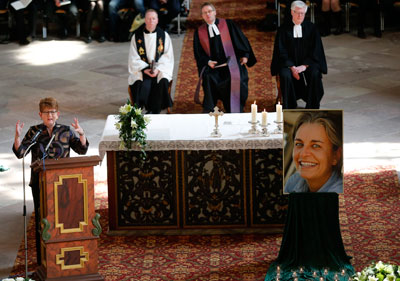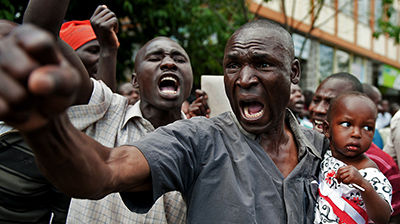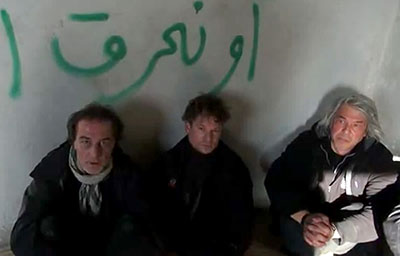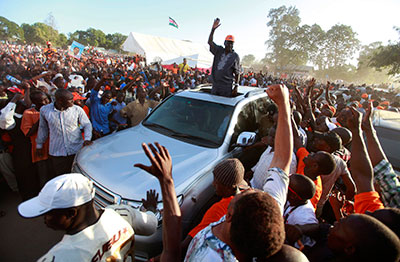
An Afghan conviction, but little sense of victory
Naqibullah, the Afghan police commander who killed The Associated Press’ Anja Niedringhaus, has been given a death sentence after being convicted of murder and treason. He was also given a four- year sentence for shooting the AP’s Kathy Gannon. Naqibullah (who goes by one name, as many Afghans do) opened fire at near-point-blank range on…
At the UN, let’s talk about journalist murders in plain language
The U.N. Human Rights Council was established in 2006 as a replacement for the U.N. Commission on Human Rights, which folded in the face of criticism that it gave a platform to many states with poor human rights records. Only time will tell if the U.N. Human Rights Council will be any better. Nevertheless, this…

In tense climate, Kenyan press can draw on solidarity
Amid a tense presidential election, Kenyans have avoided a repeat of the deadly violence that followed the vote in 2007, when half a million people were uprooted and more than 1,000 people were killed. Still, the situation today is fraught. Ethnic identity dominates the nation’s political divisions–and those same loyalties can undermine solidarity in the…

Do news blackouts help journalists held captive?
At any given time over the past two years, as wars raged in Libya and then Syria, and as other conflicts ground on in South Asia and sub-Saharan Africa, a number of journalists have been held captive by a diverse array of forces, from militants and rebels to criminals and paramilitaries. And at any given…

As Kenya votes, journalists must take precautions
Election-related violence is a worry for journalists in many countries, but perhaps nowhere more so than Kenya, where presidential polls will be held March 4. In the aftermath of the nation’s last presidential elections in 2007, over one thousand people were killed in ethnic and political violence, live news broadcasts were banned, and the press…

In Syria, the quandary of freelance news coverage
Forces on all sides of the Syrian conflict that have tried to censor news coverage through violence have won a round. By sharply increasing the risk for reporters covering the civil war they have forced news organizations to think twice before sending their staff to the battlefields. In a worrying development they even have led…
An information void in Mali as journalists are obstructed
Three weeks after France’s military intervention in Mali, the war remains largely “without images and without facts,” as described by Jean-Paul Mari, special envoy for the newsweekly Le Nouvel Observateur. Although journalists have been allowed to follow French and Malian forces into the towns that have been recovered from armed Islamist groups, the real battlefields…

In Mali, a war ‘without images and without facts’
The French army is often called la Grande Muette, or “the Great Silent.” The war in Mali confirms the French military’s well-deserved reputation of being secretive about front-line actions. “Locking the information is more in the culture of the French army than of the U.S. army,” says Maurice Botbol, director of La Lettre du Continent.…
